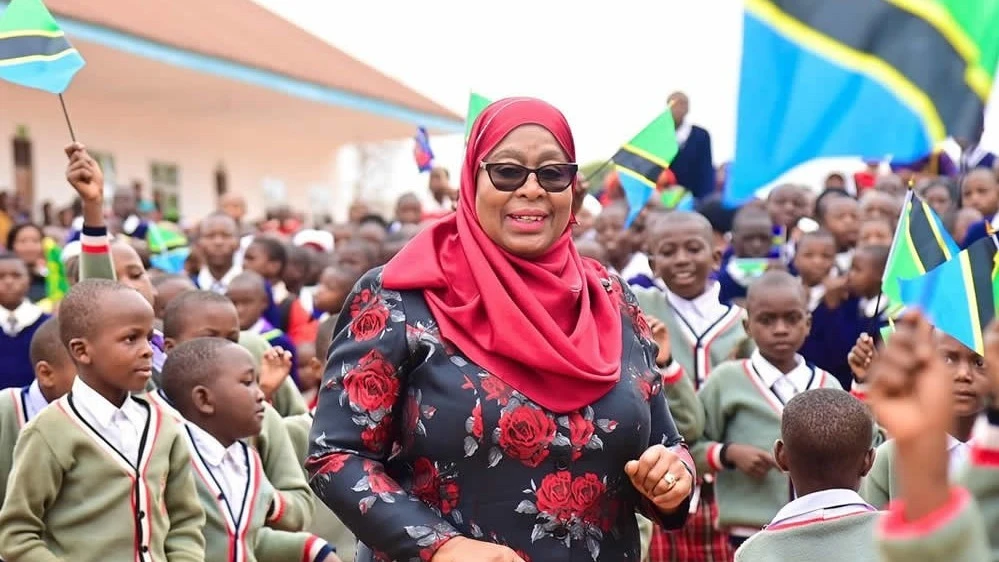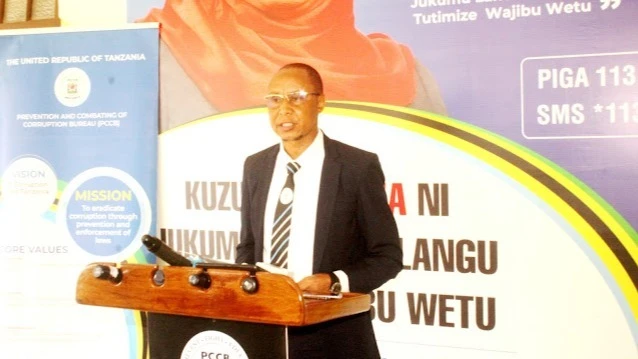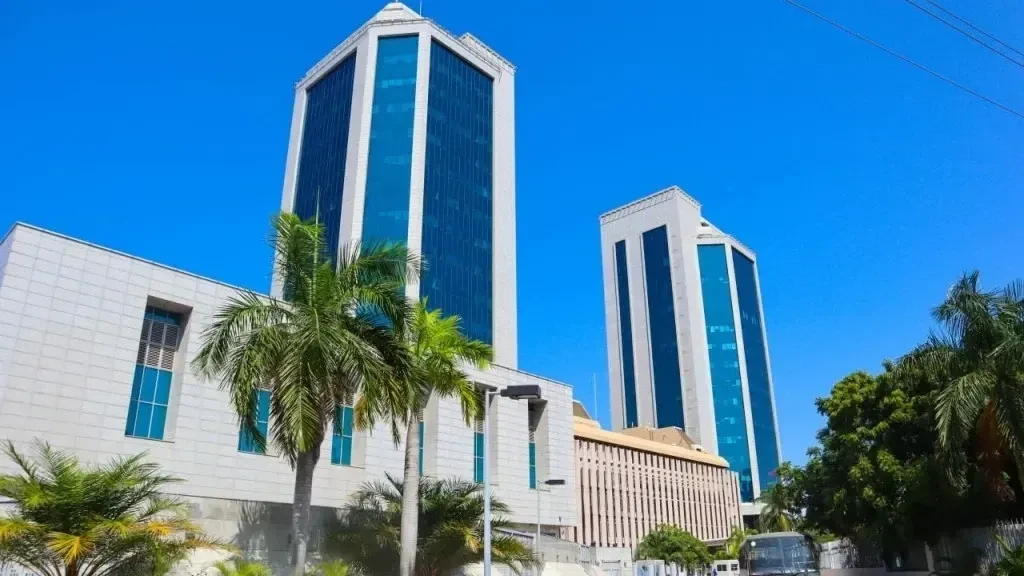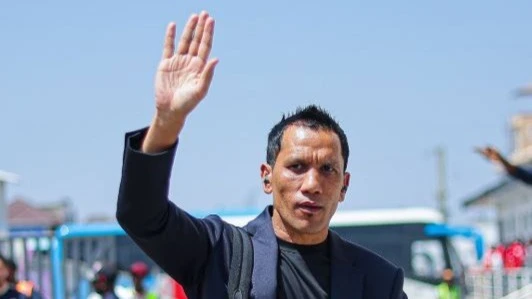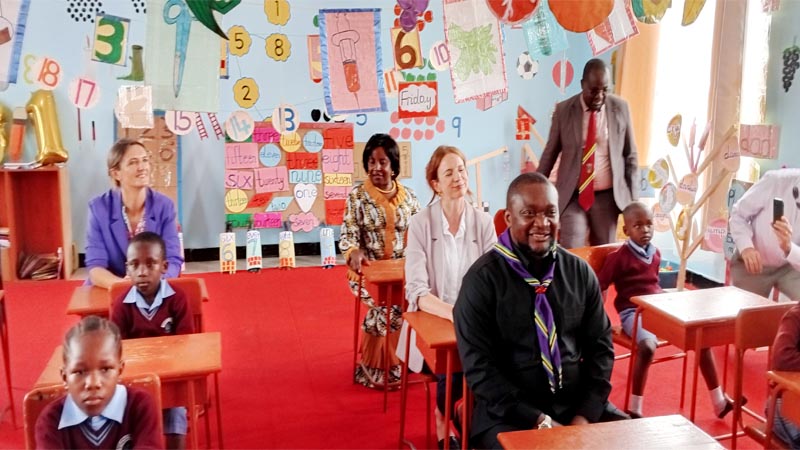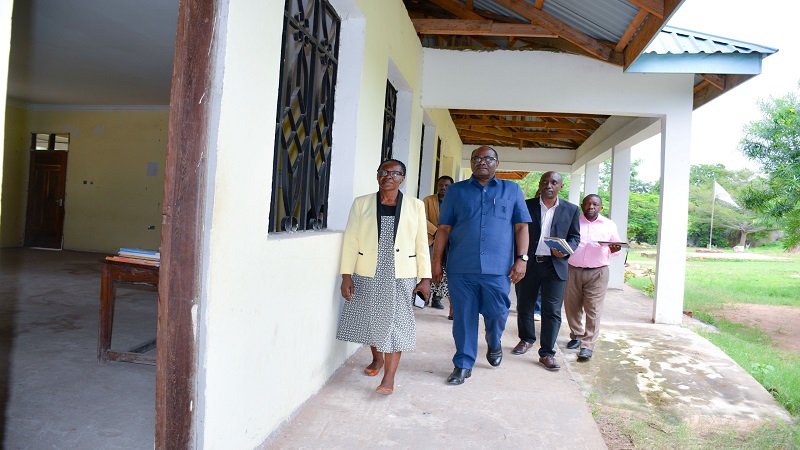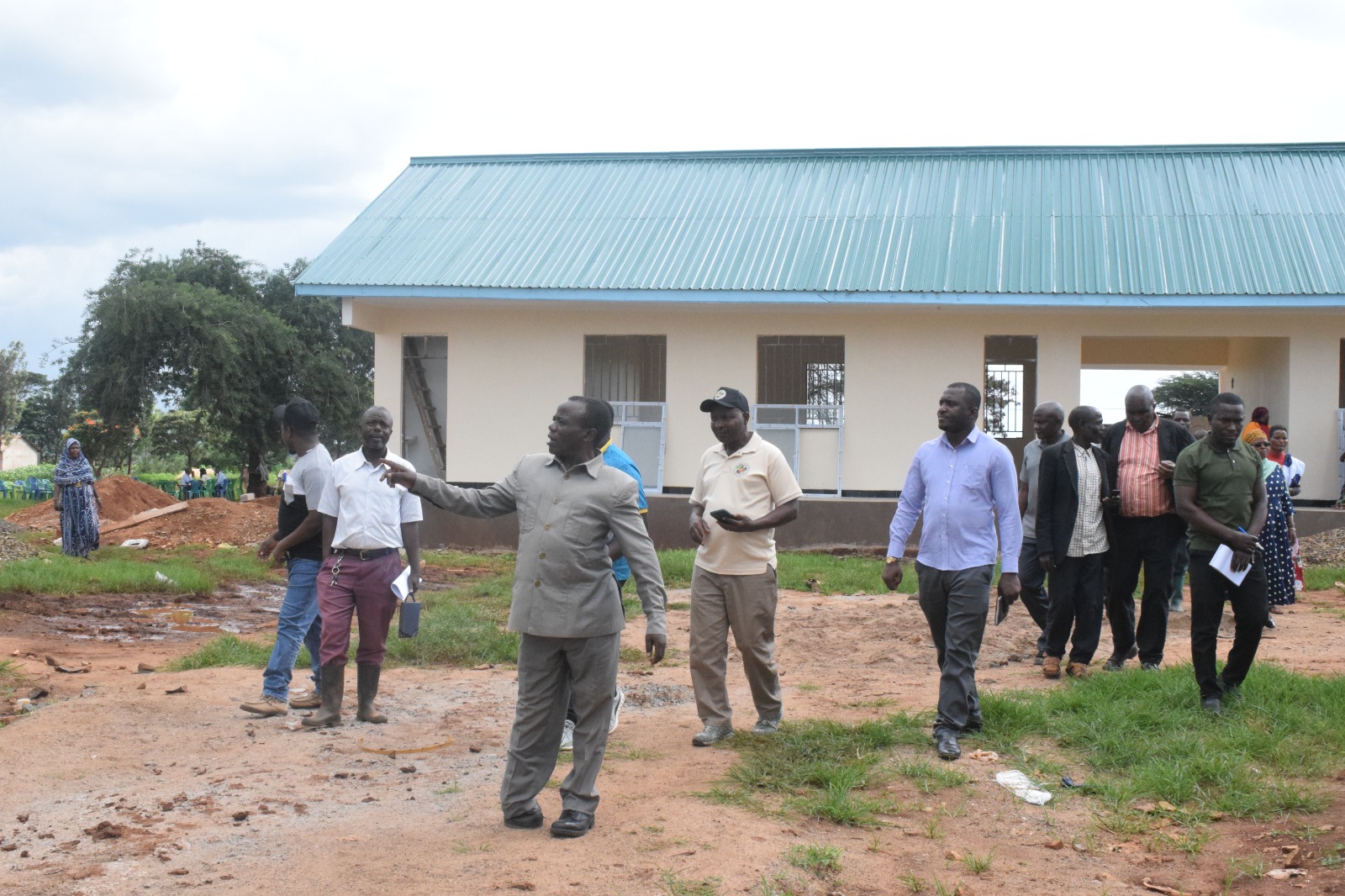SAUT, aviation unit sign five-year link up
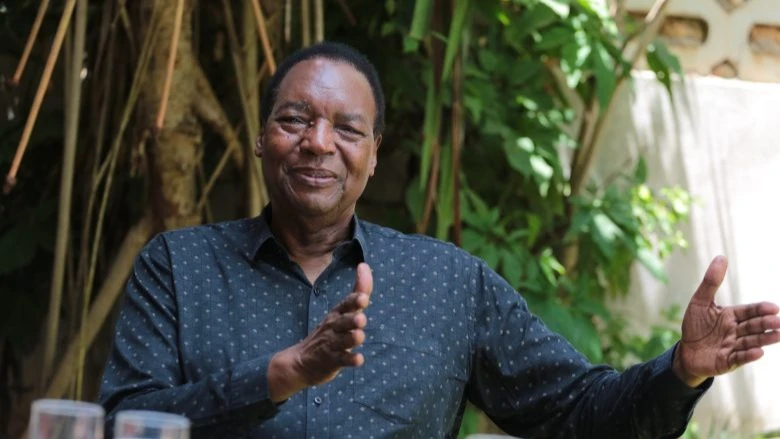
THE Saint Augustine University of Tanzania (SAUT) has embarked on a five-year collaboration arrangement with the Regional Aviation College (RAC) to run courses to increase aviation sector competence.
Ambassador Prof Costa Mahalu, the SAUT Vice Chancellor, made this observation at the signing of the Memorandum of Understanding (MoU) in Dar es Salaam yesterday, noting that this arrangement follows demands by President Samia Suluhu Hassan for wider technical courses tailored to labour market needs, like taking up aviation sector opportunities.
Under the agreement two SAUT faculties will offer complementary courses in the relevant fields to enhance graduate competence, he said, elaborating that the university offers courses like tourism and air ticketing. Students will be taking up practical at the aviation college while RAC students will take additional courses at SAUT institutes.
Air ticketing certificate or diploma in tourism qualifications form the core of aviation college training, whose students can add up auxiliary courses for a bachelor's degrees at SAUT, while a student pursuing a certificate in tourism enterprises at SAUT can take up courses in a selective way in those fields from either institution, he stated.
Philemon Kisamo, the RAC managing director, said that aviation is a sector that if well utilized can rapidly increase its contribution to the country's economy, with the collaboration initiative enhancing the quest for a skilled workforce in aviation.
Courses offered at RAC relate to airline ticketing, flight dispatch operations and ground operations management, he said, asserting that the future of the aviation industry in Tanzania is promising as the number of operational flights are rising.
“The aviation sector is all about business, therefore our collaboration will help to generate a better trained workforce readily competent in the labour market,” stated.
President Samia Suluhu Hassan, in a recent state visit in South Korea, positively projected the growth of Tanzania’s aviation sector in its contribution to GDP and boosting tourism.
She said the aviation sector holds immense potential, thus the vision of developing a robust aviation industry positioning the country as a preferred destination for investment, trade, and tourism.
One of the key challenges facing the country’s industry is how to attract and retain the next generation of aviation professionals, along with a rising concern across the industry regarding the difficulty in attracting the right talent and retaining a workforce that can deliver the future vision of aviation, she added.
Top Headlines
© 2025 IPPMEDIA.COM. ALL RIGHTS RESERVED








